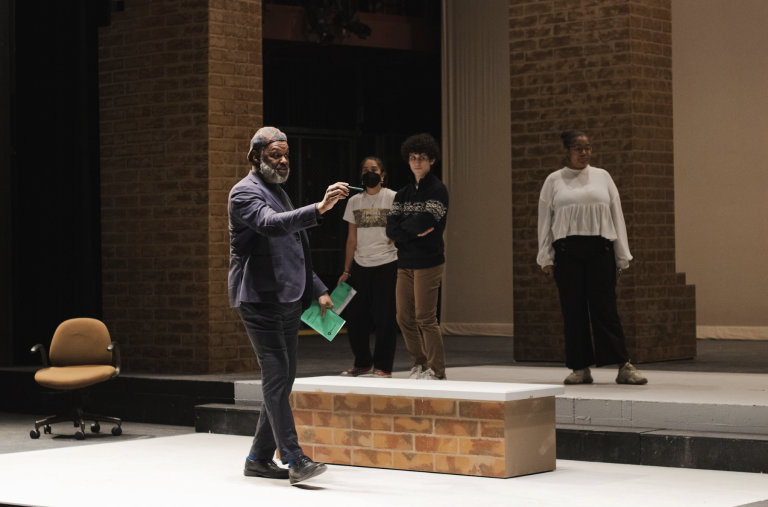BY: MAX FERTIK ’19
CONTRIBUTING WRITER
To give a little bit of context, Beirut’s newest album “No No No” was created directly following an exhausting period in the life of the band’s frontman Zach Condon. The phase was defined by a nasty divorce and a brief hospitalization following a long tour. This fifth studio album of Condon’s musical brainchild reflects this solemnity and almost seems to bask in it stylistically. Upon its early September release, it strays away from the persona that Beirut built for themselves in 2011’s heavily Euro influenced “The Rip Tide.”
In contrast with the New Mexico band’s previous albums “Gulag Orkestar”, “The Flying Club Cup”, “March of the Zapotec” and of course “The Rip Tide”, Beirut took a simpler musical path and settled for less carved cultural grooves. Of course, heavy piano, occasional horn refrains and some orchestral arrangements are present on this album but they are nowhere near as numerous as they were on previous projects. Most songs consist of repetitive punchy piano riffs and drum grooves which many listeners might see as merely the skeleton of a song. Such simplicity has the ability to bore many listeners who enjoyed to this band for their layered complexity but it will be tolerable to those with less musically captious opinions.
One would not go as far as saying this LP is bad per se, yet the teasing 30 minute running time seems a little bit feeble. Considering the incredible range of Zach Condon’s past projects and endeavors, this collection of songs could be deemed a tad underwhelming. The multi-instrumentalist has constantly reminded us of his musical and cultural bravado- he has the power to transport listeners to Southeastern Europe and even summon the cultural ideals and images of these settings to those without any knowledge of them. Often in “The March of the Zapotec”, songs like “The Shrew” come in with great“oom pa pa” confidence and shift into fierce, magnificent and raucous cymbals, piercing trumpet trills and dark underlying Ottoman modes reminiscent of what one would imagine an Albanian wedding to feel like. “No No No” simply does not offer this kind of complex music and although certain influences are still present, they do not create the same kind of intensity and flavor. Simplicity is not a bad thing but Beirut has undoubtedly taken a big step back, settling for less charm and seemingly unfinished composition. If one were to juxtapose a “No No No” tune such as the title track with another Beirut song such as “Santa Fe,” one would notice that the only real similarity that the two have is Zach Condon’s operatic vocals and the presence of a flugelhorn. When compared to a song off of the band’s debut album, a new song may even be confused for a different band. Beirut seems to be attempting to reinvent themselves from something that was close to perfect on The Rip Tide and one has to ponder: why?
On the other hand, despite their sudden move from layers of Baltic/Mexican/Sicilian indie-rock works of colossal proportion, Beirut still retains some musical character. (There is beauty in the jumpy guitar and piano centric pieces of the album where there does not need to be lots of complexity. Songs remain sparse and allow the listener to close their eyes and tap their toes.) The LP still manages to make us smile with its unique blend of heartwarming brass and smooth, seasoned vocals. “Fener,” ”Gibraltar,” and “So Allowed” are key tracks on “No No No” that employ some stylistic and rhythmic variety vaguely reminiscent of what they used to write. This all leads us to the big question: is this the end of massive world/indie-rock pieces that channel a vast range of cultures? It’s tough to say but with the potential that they have shown, I have faith.
Tuesday, January 14 2025
The Student Newspaper at Trinity College in Hartford, Connecticut




+ There are no comments
Add yours